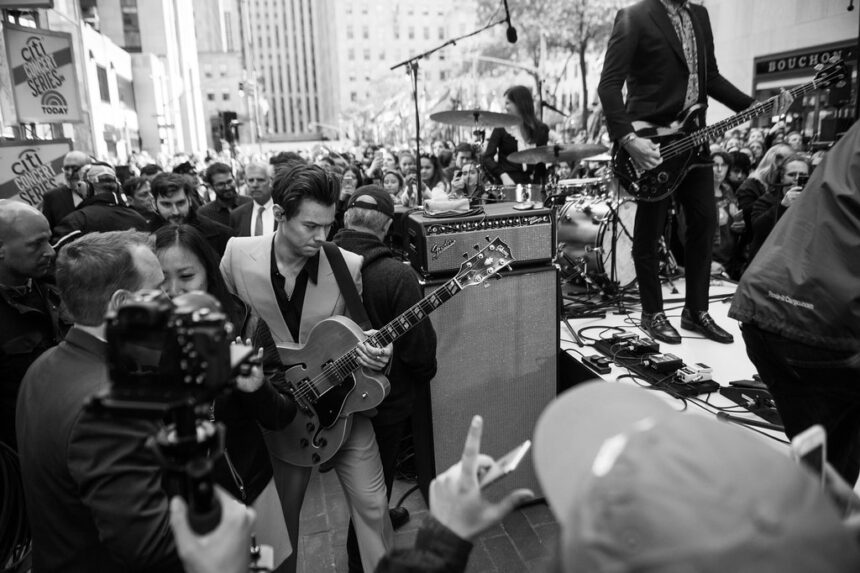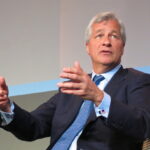In a public statement, 88 current and ex-top executives in corporate America publicly supported Vice President Kamala Harris’s bid for the presidency.
In a letter sent to CNBC by high-profile figures in the technology, media, and finance sectors, these endorsements were revealed.
Among those who have expressed support for Harris are Aaron Levie, Box’s CEO, Jeremy Stoppelman, Yelp’s CEO, and Michael Lynton of Snap.
List also features endorsements by influential individuals like James Murdoch (former CEO of 21st Century Fox) and Chris Larsen (co-founder of Ripple).
Harris is backed by tech and finance giants
Harris’ list of endorsers includes many executives from the finance and tech sectors.
In Silicon Valley figures such as Twilio’s Jeff Lawson, and Ron Conway the venture capitalist have been added to their list.
Wall Street veterans like Tony James, the former CEO of Lazard and Peter Orszag (former president of Blackstone) have also endorsed her.
The endorsements of Harris are more than just personal expressions of support. They also show that Harris shares the same economic values as these business executives, particularly since she promised to promote fair and predictable practices.
The Harris camp is backed by many former CEOs from some of America’s largest corporations. They bring decades of experience in corporate life to Harris.
Indra Nooyi is a former PepsiCo CEO. Barry Diller was the former chairman and CEO of Paramount and Fox Inc. and Ken Frazier used to be CEO at Merck.
They argue that Harris has the best qualifications to promote policies that will ensure economic stability, and rule of law. These are crucial factors for an enabling business climate.
Why is an endorsement letter necessary?
The letter of endorsement is short, even though the list is long.
The article emphasizes the importance of electing Harris to ensure a stable and strong democracy.
Its brevity and strategic timing, just days before the presidential debate, suggest that the main objective isn’t to convince undecided votes but rather to show a powerful coalition of corporate support.
The purpose of this show of force was to change the perception of Harris’s ability to effectively manage the economy.
Harris’s Economic Agenda
Harris is actively articulating her economic vision in advance of the presidential debate. She has proposed measures to encourage small business and private investment.
She plans to increase the deduction of startup costs by 10 times to $50,000, and to raise the capital gains rate for those earning more than $1 million per year to 28 percent.
The proposal aims to strike a reasonable balance between the 39.6% rate proposed by President Joe Biden and the existing 20% in order to encourage more private investments.
Former President Donald Trump, on the other hand has unveiled his own economic plans, which include a reduction of the corporate tax from 21% down to 15% in the case of companies that manufacture within the US.
Trump has also received support from prominent businessmen such as Howard Lutnick CEO of Cantor-Fitzgerald, and Elon Musk CEO of Tesla, SpaceX, and SpaceX.
The dynamic of this debate will be framed by the fact that both candidates are vying for support from the business community.
These 88 endorsements serve a variety of purposes.
They not only give Harris a stage to spread her message about economics, but also enhance her reputation among the elite of business.
These endorsements can be an important factor for voters and investors when deciding which candidate will provide the most economic growth and stability.
Such shows of support can play an important role in shaping public opinion, and ultimately the result of the elections, as the race intensifies.
As new information becomes available, this post Yelp and Ripple CEOs are among the top executives who endorse Kamala Harris.
This site is for entertainment only. Click here to read more






